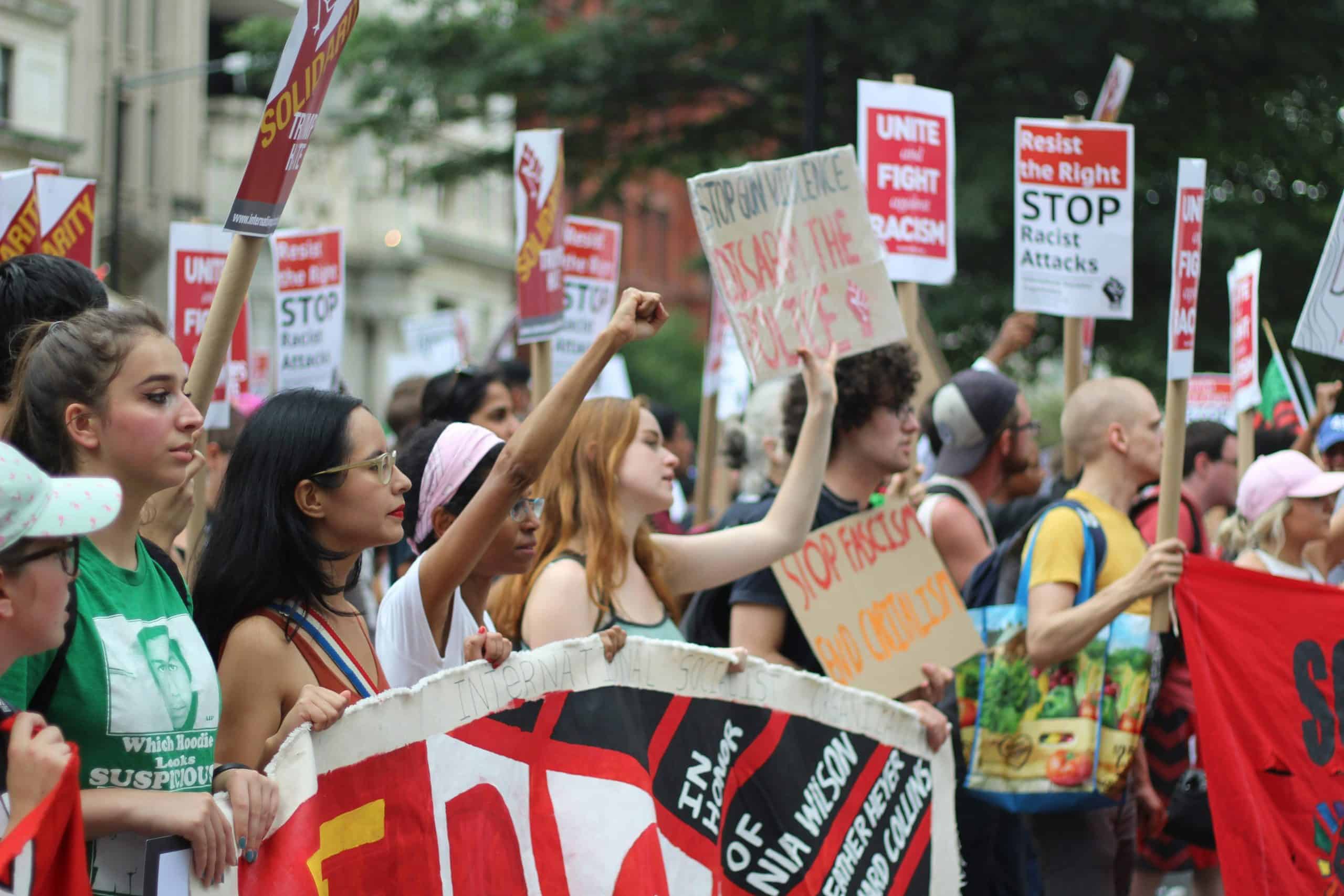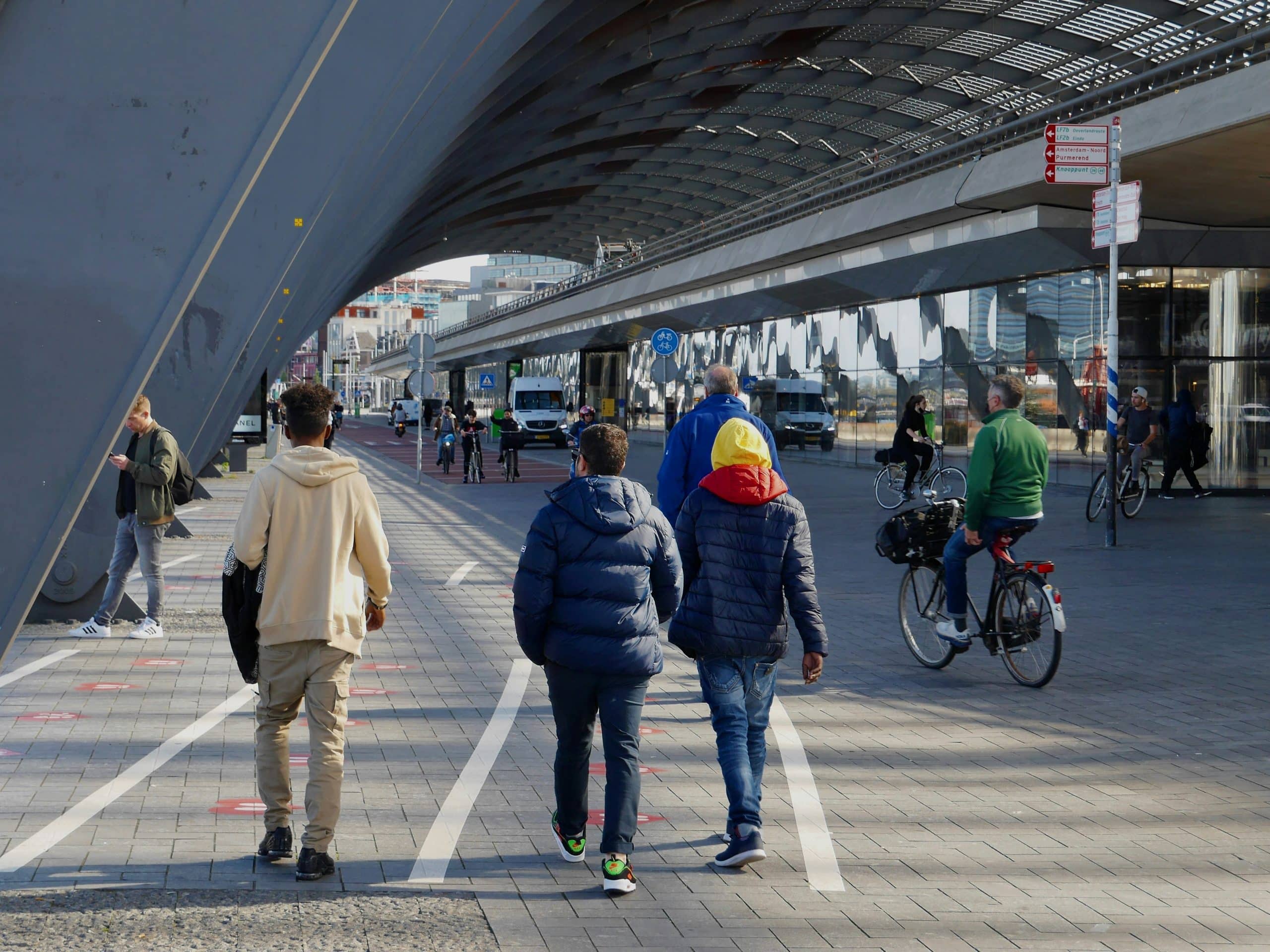Year: 2019
-

‘Caught up in a trap, I can’t walk out’: Examining the relation between financial scarcity, financial decision-making, and social exclusion
Many Dutch households have to deal with substantial financial problems. This can be extremely stressful and lead to poor (mental) health and also impose huge costs for society as a whole. In the proposed research, we aim to investigate how the experience of financial scarcity affects financial decision-making and social exclusion over time. A previous…
-

Understanding attitudes towards refugees as compared to immigrants
Increasing numbers of both immigrants and refugees have challenged European countries in the last decades. Empirical evidence on explanations of attitudes towards immigrants is overwhelming. However, recent research has demonstrated that refugees are received differently compared to immigrants; the public is likely to allow more refugees to enter the country than immigrants. Whether people differentiate…
-

How to reduce the education gap in participation in citizens’ initiatives. A vignette survey experiment.
This interdisciplinary study aims to test a novel theory to explain the education gap in participation in citizens’ initiatives. Governments increasingly stimulate and invite citizens to participate in public service delivery. Both scholars and pundits warn that this breeds a ‘new societal divide’, because less-educated citizens are underrepresented in such initiatives. Based on insights gained…
-

Retrospective informal caregiving careers
The provision of informal care is suggested to go hand in hand with employment reductions. The greater demand for informal caregiving in contemporary society therefore requires a thorough understanding of the total impact of informal caregiving on employment careers. With the collection of retrospective informal caregiving career data, I aim to fill three gaps in…